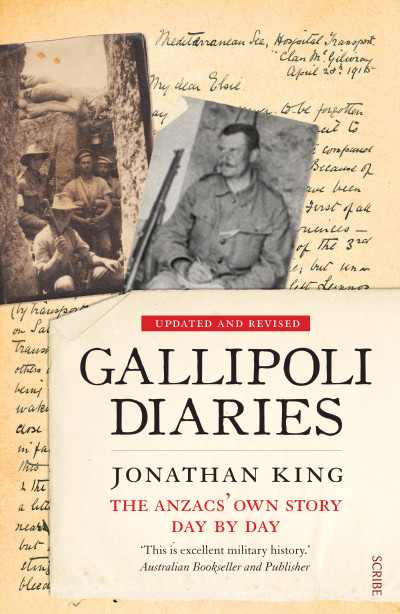Related content

AUTHOR
Douglas Newton
Douglas Newton was born in Sydney in 1952 and is a retired academic,…
Discover
EXTRACT
Hell-Bent
Australia was bound to fight in 1914 — end of story. Australia was…
Read









